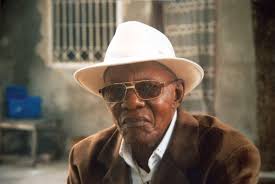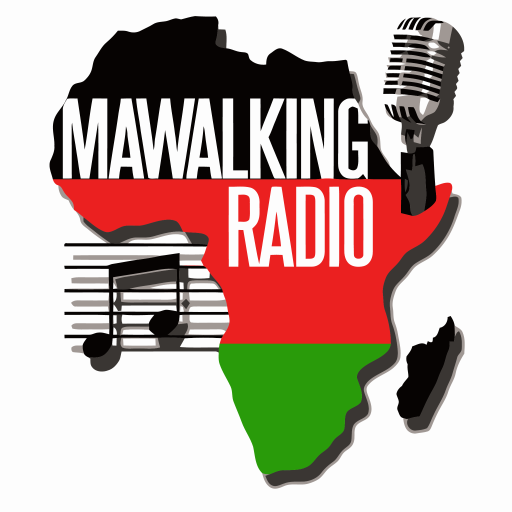
Papa Wendo: The Doyen of Congolese Rumba
Papa Wendo: A glimpse into the life and legacy of a musical maestro. Explore the rhythmic journey of this iconic figure who left an indelible mark on the world of music, influencing generations with his unique style and timeless melodies
Introduction:
In the rich fabric ofAfrican Music, few names shine as brightly as Antoine Wendo Kolosoy, affectionately known as Papa Wendo. Born on April 25, 1925, in the Mushie territory of western Congo, Papa Wendo played a pivotal role in shaping the soundscape of Congolese Rumba. His musical journey, marked by a fusion of traditional Kongolese rhythms and Son cubano,left an indelible mark on the world of African Music.
Early Life and Unlikely Beginnings:
Orphaned at a young age after losing both his parents, he found himself in an orphanage run by the Society of the Missionaries of Africa. Expelled at the age of 12 or 13 due to disapproval of the lyrics of his songs, Wendo’s journey took an unexpected turn.
Wendo’s ventures extended beyond music; he worked as a boxer, sailor, and longshoreman in various African countries, including Congo,Cameroon, and Senegal. It was during his travels on Congo River ferries that he began entertaining passengers with his guitar at the age of 11. Little did he know that these early experiences would lay the foundation for his future as a musical icon.
Rise to Stardom: The Birth of Congolese Rumba:
In the mid-1940s, Wendo began playing guitar in the capital, Kinshasa, with his Cuban-style band, Victoria Bakolo Miziki. A chance encounter with Greek businessman Nicolas Jéronimidis led to the recording of Wendo’s music for the Ngoma record label. Thus began the era of “Congolese Rumba,” a genre that blended African lyrics and vocals with Afro-Cuban rhythms, giving birth to Soukous.
Wendo’s first international hit, “Marie-Louise” in 1948, marked the beginning of his journey to stardom. The song, co-written with guitarist Henri Bowane, not only achieved musical success but also stirred controversy that led to Wendo’s temporary exile from Kinshasa.
Victoria Kin Orchestra and the 1950s:
Forming the “Victoria Kin” orchestra, later known as “Victoria Bakolo Miziki,” Wendo and his ensemble became synonymous with the burgeoning radio stations and record industry in late colonial Leopoldville. The “Trio Bow,” a 1955 collaboration with Antoine Bukasa and Manuel D’Oliveira, produced hits that contributed to Wendo’s recognition as one of the fathers of modern African music.
50-Year Hiatus and Comeback:
Political turbulence in the 1960s led Wendo to withdraw from the music scene, disillusioned by the misuse of music by politicians. It wasn’t until 1997, with the support of Laurent-Désiré Kabila, that Wendo made a triumphant return to recording and touring. His later years mirrored the revival seen by the likes of the Buena Vista Social Club, captivating audiences across Africa and Europe.
Legacy and Lasting Impact:
Papa Wendo’s influence extends far beyond his music. His ability to blend cultural elements and create a national musical identity played a crucial role in the development of Congolese rumba. Wendo gave his last public appearance in 2004 and passed away on July 28, 2008, leaving behind a legacy that continues to inspire generations of African musicians.
As we celebrate the life and contributions of Papa Wendo, let us remember the doyen of Congolese Rumba who not only shaped the musical landscape but also left an indelible mark on the cultural heritage of the Democratic Republic of the Congo.




Pingback: Mawalking Radio | Guitar Maestro of the Congo: The Legacy of Henri Bowane in Rumba